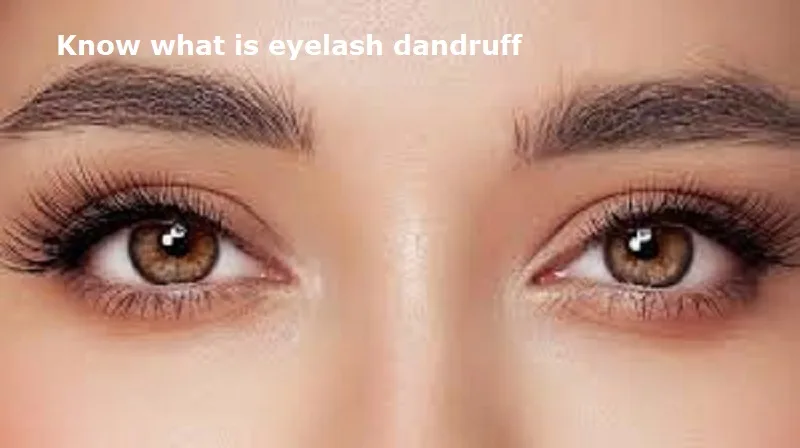
Eyelash dandruff, or seborrheic dermatitis, is a common yet lesser-known condition. It affects the delicate skin around the eyes and lashes. It manifests as flaky, white particles along the lash line, resembling scalp dandruff. It can be linked to underlying skin issues such as blepharitis or even allergies.
1. It’s a symptom, not a disease
Eyelash dandruff is often a sign of conditions like blepharitis, seborrheic dermatitis, or dry skin. It’s crucial to identify the underlying cause to treat it effectively.
2. It can be caused by skin disorders
Common skin conditions, including eczema, psoriasis, or rosacea, can cause flaking around the lash line. Managing these conditions often resolves the dandruff.
3. Poor hygiene can exacerbate it
Inadequate cleaning of the eyes, especially for those using makeup, can lead to the buildup of oil, dirt, and skin flakes, worsening eyelash dandruff.
4. Demodex mites can play a role
Tiny mites called Demodex often live harmlessly on human skin, but overgrowth near the lashes can cause dandruff-like symptoms, irritation, and itching.
Also Read: Know side effects of drinking too much tea
5. It may cause eye discomfort
Eyelash dandruff can lead to redness, swelling, and itching in the eyes. In severe cases, it may cause blurry vision or sensitivity to light.
6. It’s manageable with proper care
Regular cleaning of the eyes with warm compresses, gentle cleansers, or tea tree oil-based products can help remove flakes and reduce irritation.
7. It doesn’t go away on its own
While mild cases might improve with hygiene, persistent eyelash dandruff often requires medical intervention to address underlying issues or rule out infections.
8. Prevention is better than cure
Maintaining good hygiene, using non-irritating cosmetics, and managing skin conditions effectively can prevent eyelash dandruff.

Post Your Comments